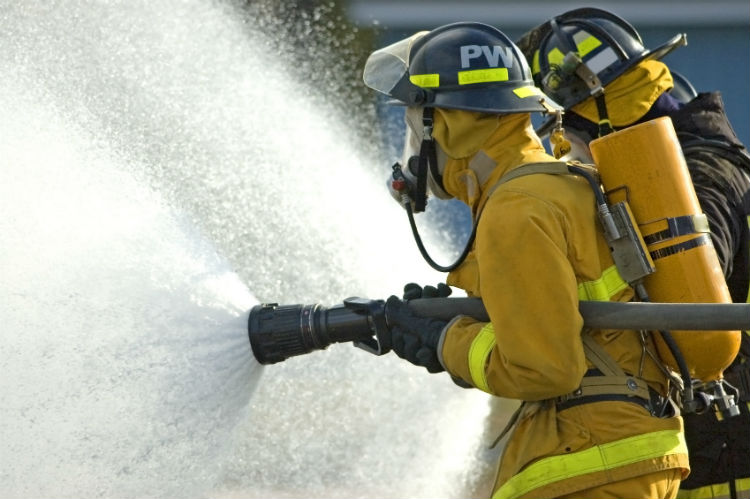Each year, nature pummels the United States with various natural disasters. Americans find themselves contending with tornadoes, hurricanes, earthquakes, blizzards, wildfires, floods and heat waves that only seem to be increasing in frequency and intensity.
Individuals who are elderly, disabled or have special needs are particularly at risk during and after these events. Preparedness is crucial for those who are still living in the community and for those who reside in residential care communities like assisted living facilities, memory care units and nursing homes. When disaster strikes, long-term care facilities are responsible for ensuring the safety of all their residents and staff on site. In some cases, evacuation and transportation to another care facility out of harm’s way may be necessary.
Securing the safety of frail elders is a huge undertaking. Many long-term care residents are unable to walk on their own, connected to life-sustaining medical equipment or have severe cognitive impairments due to Alzheimer’s disease and other types of dementia. Every senior living facility should have a comprehensive disaster preparedness plan in place that establishes protocols for both evacuating and sheltering in place.
It’s beneficial for family members who have relatives in senior living to learn about how these communities handle potential emergencies. This will help families understand exactly what the plan of action is for their loved ones and how it may or may not mesh with their own emergency preparations and plans.
Questions to Ask a Long-Term Care Facility About Disaster Preparedness
The following list highlights crucial information on emergency planning and evacuation procedures provided by The National Consumer Voice for Quality Long-Term Care. You can print these questions out and use them to help guide your discussion about emergency procedures with the administrator at your loved one’s long-term care facility.
General Emergency Planning
- What is the facility’s emergency plan for evacuation and for sheltering in place? (Plans will be different for hurricanes, tornadoes, etc.)
- How are these plans coordinated with community resources, the city, county and state emergency management?
Emergency Training for Staff Members
- What staff training procedures are in place for emergency evacuations?
- Are evacuation drills practiced with both staff and residents?
- Are there enough staff available to execute emergency plans during all shifts? For example, if a fire breaks out in the middle of the night, will the skeleton crew be able to handle the emergency?
Family Communication
- How does the facility discuss emergency planning with their residents?
- How and when will families be notified about a loved one’s status and whereabouts?
- Is there a phone number for out-of-town family members to call for information before, during and after an emergency event?
On-site Emergency Resources
- Does the facility have an emergency backup power system or generators? If so, how long can this back-up system provide power? What parts of the facility will have electricity?
- Are extra medical supplies, equipment and medications (at least a 7-day supply for each resident) stored on-site?
- How much emergency oxygen is available in portable cylinders?
- Is the facility prepared with enough potable water and nonperishable food for residents and staff?
- If the facility is multi-level and the elevators cannot be used, what is the procedure for evacuating physically impaired residents quickly and safely down the stairs?
- Do residents have emergency supplies and first aid kits in their rooms? (Kits should contain clothing, toiletries, a flashlight, ID and other critical items.)
Evacuation Procedures
- How will residents be evacuated? Are there contracts in place with transportation providers to relocate residents?
- Where will residents be evacuated to? Are there contracts in place with other facilities to provide temporary housing for displaced residents?
- Do family members have the right to evacuate their loved ones on their own if they choose? How would this decision affect a senior’s residency in the facility and associated costs?
- How are elders who are on life-support or receiving hospice care transported?
- If the building must be evacuated quickly, what procedures are in place to ensure that no residents are misplaced or left behind?
- How will residents be identified during and after an evacuation?
- If the facility is evacuated, how are residents’ charts, medical information, medications and other supplies transported and when?
- Can family members meet residents at a designated location? Can they assist loved ones at the facility to prepare for evacuation?
- Will a trained employee ride with residents on each vehicle to oversee their care as needed?
